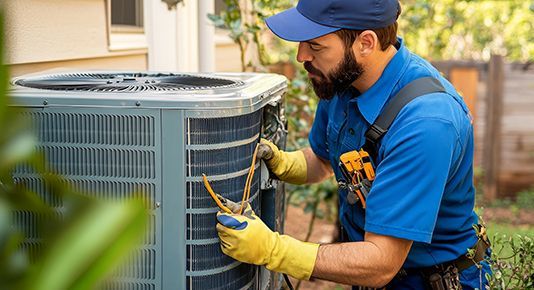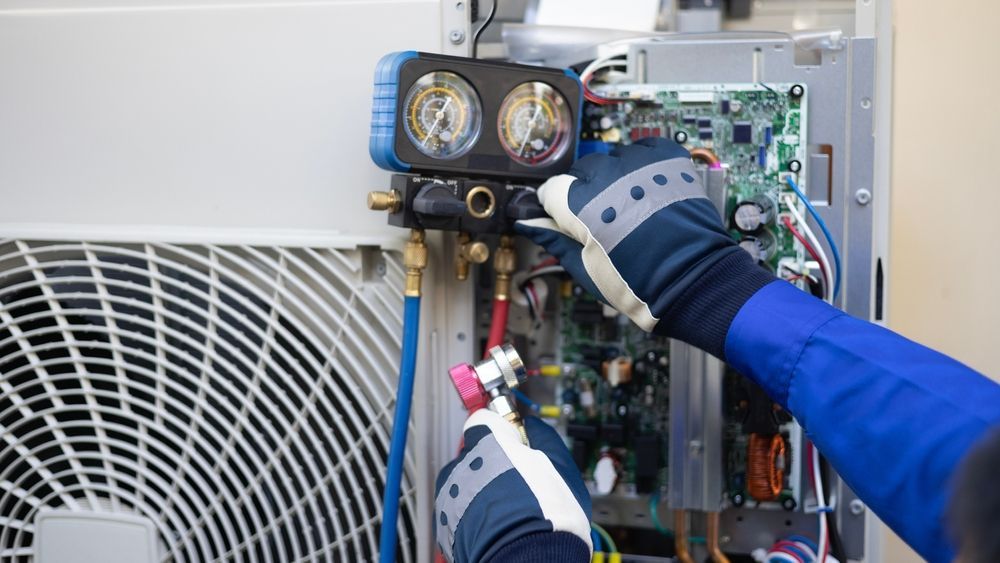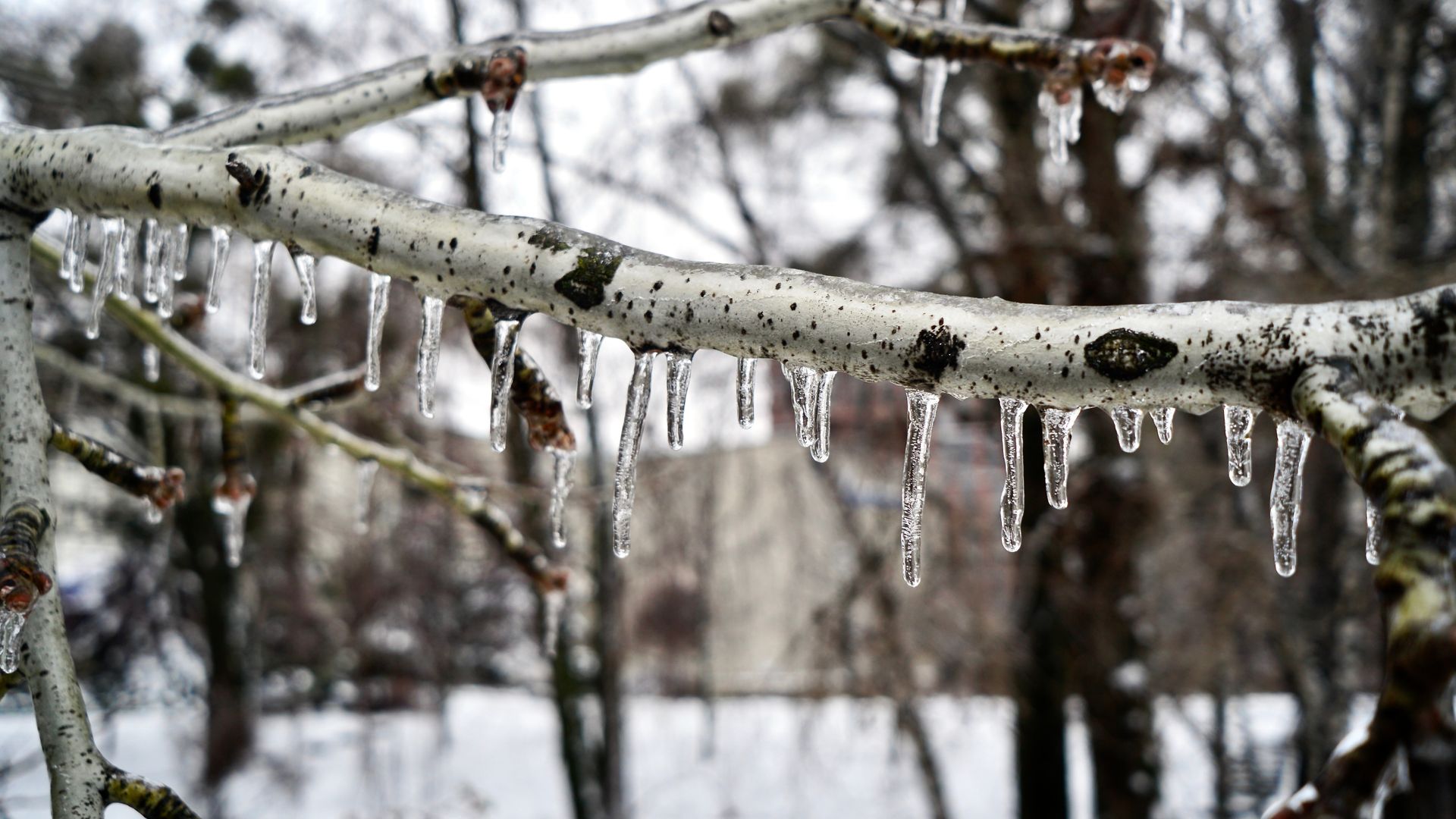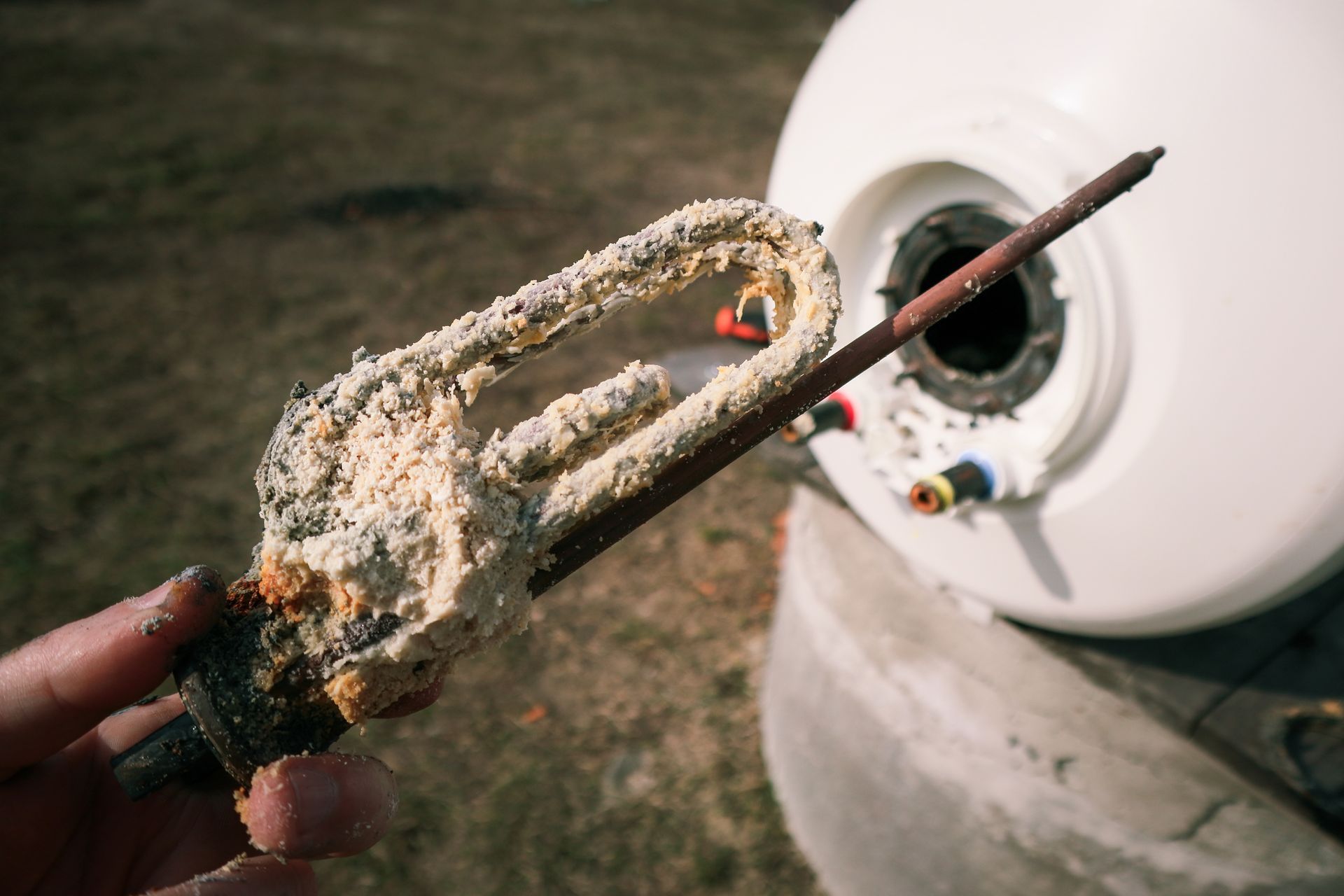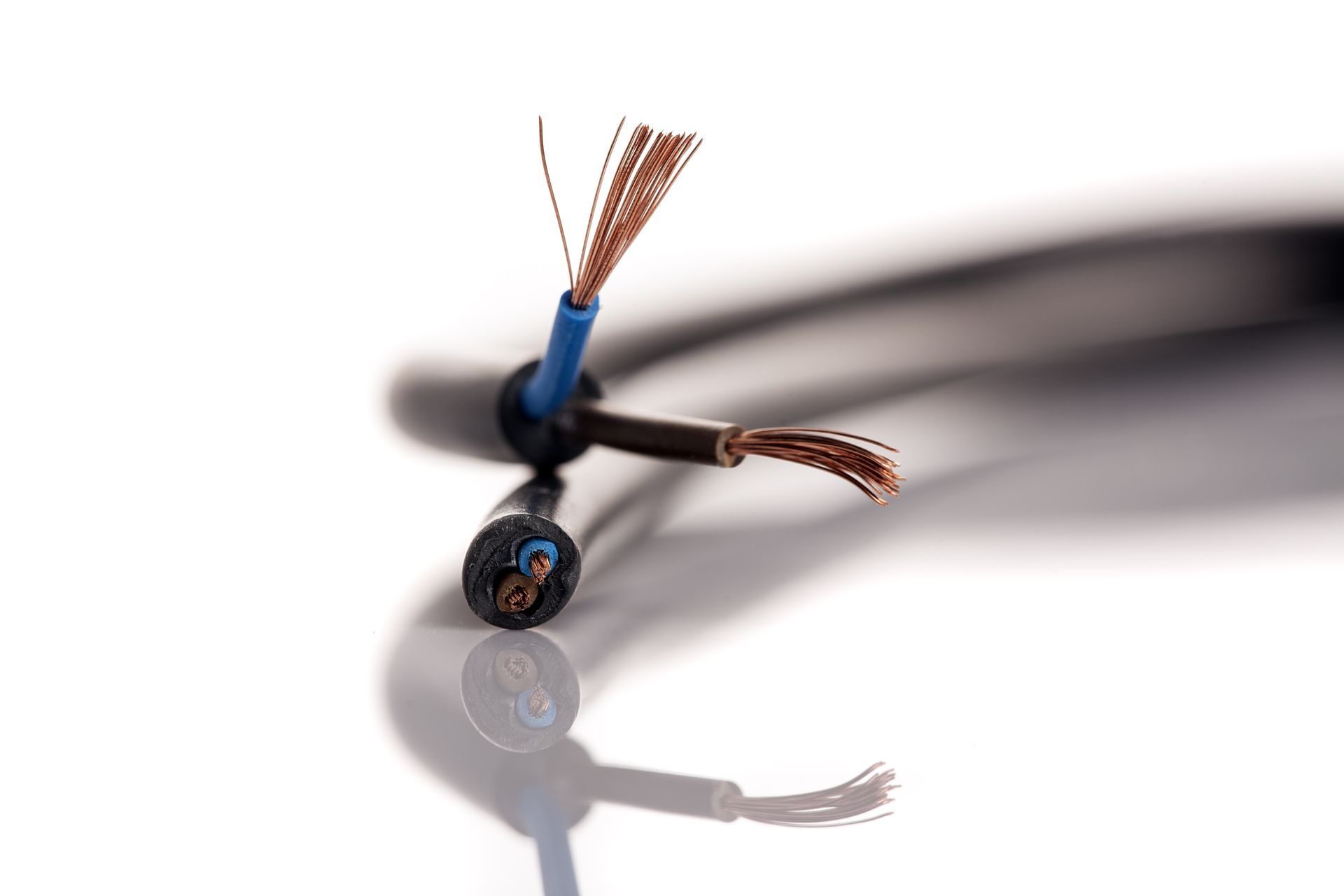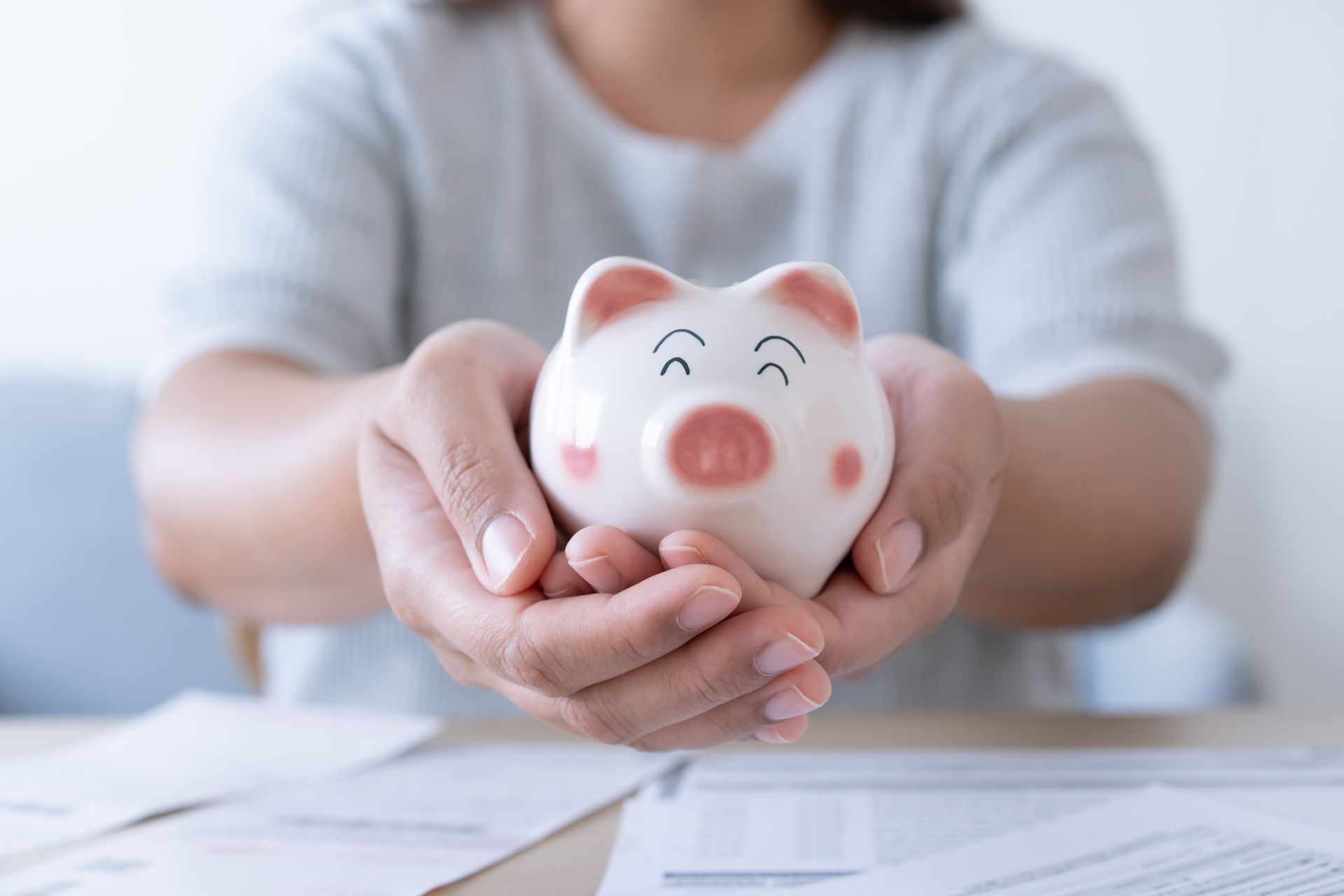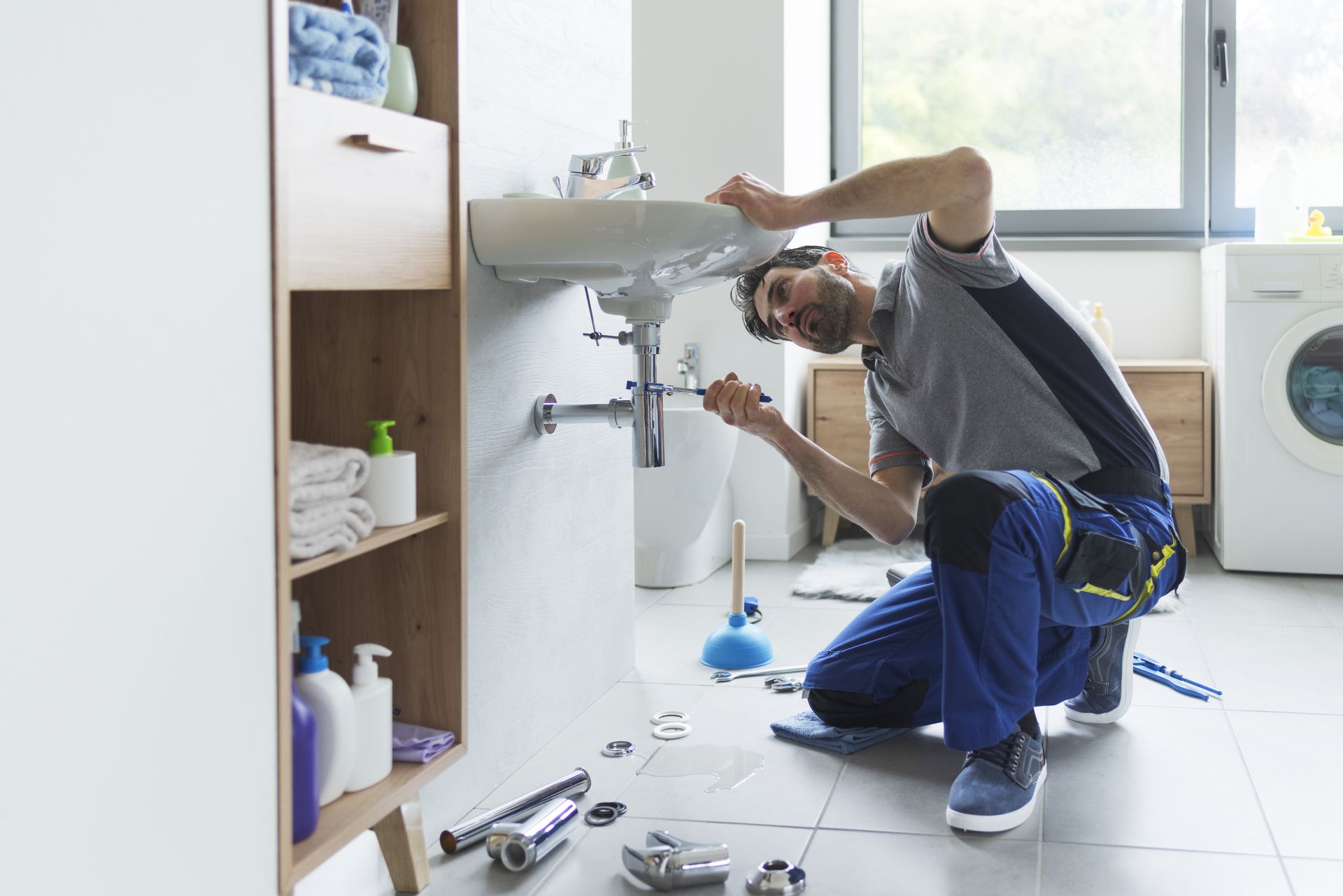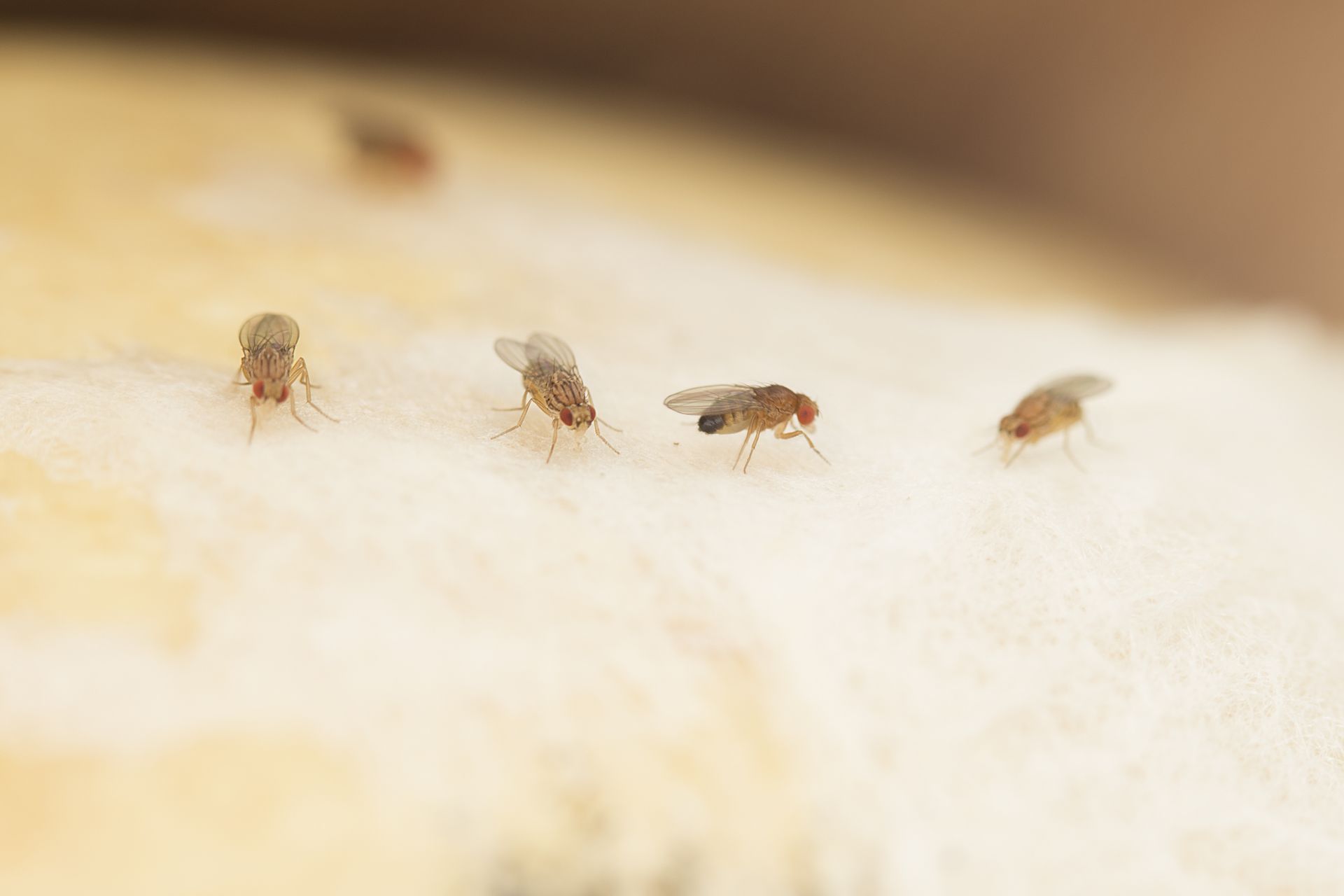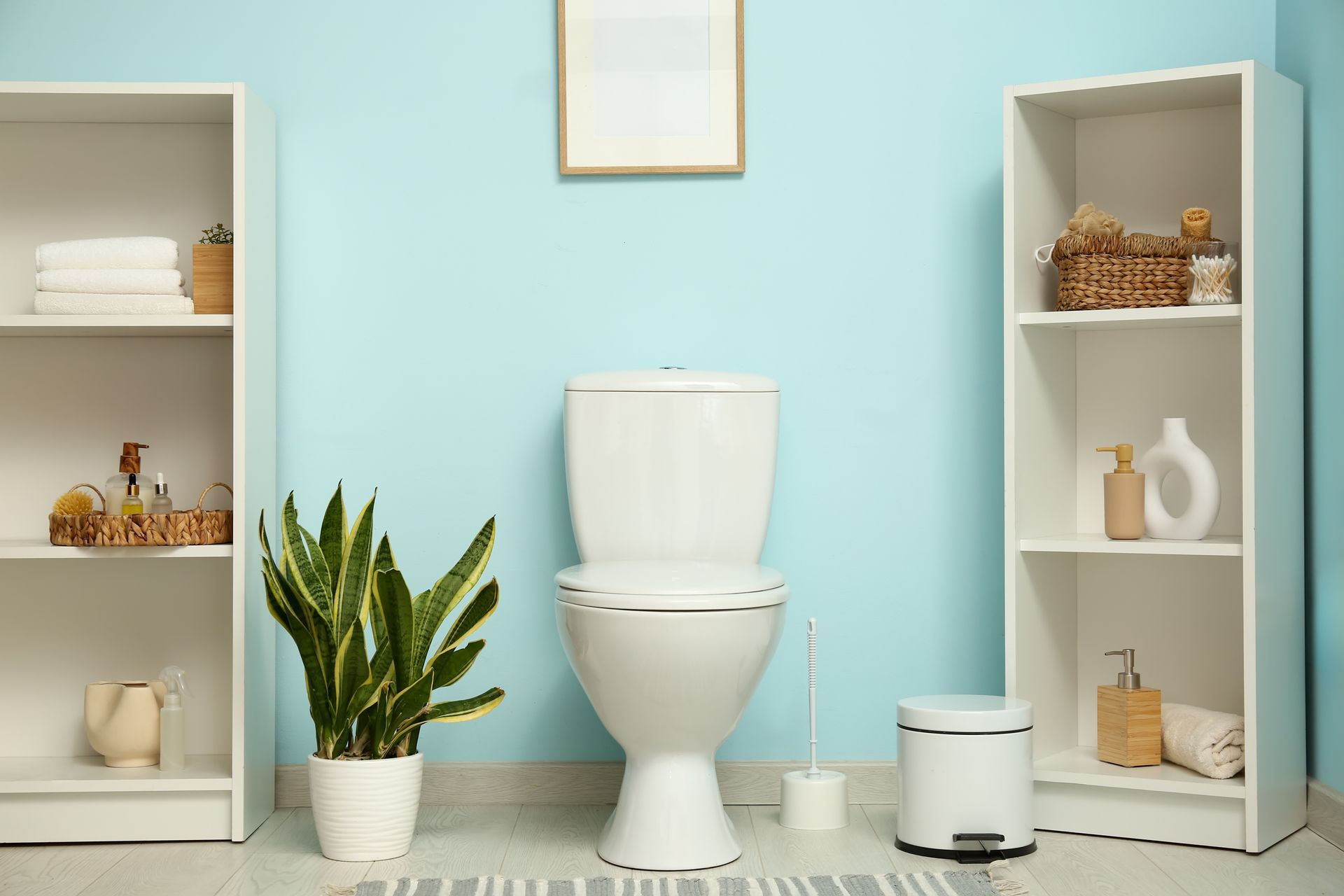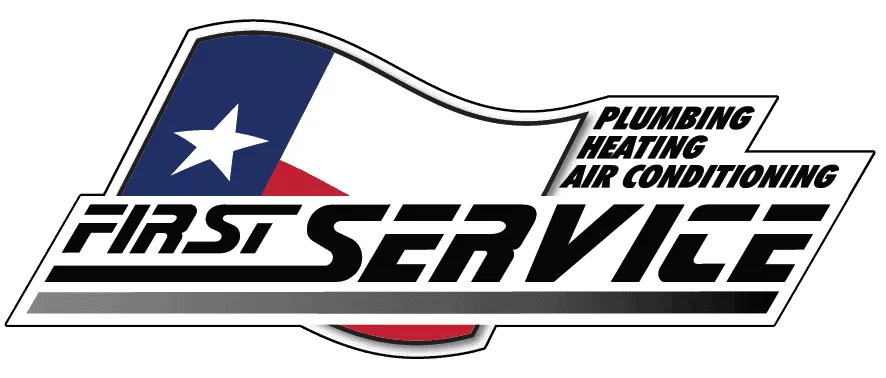Typical Plumbing Issues in Texas (and How to Handle Them)
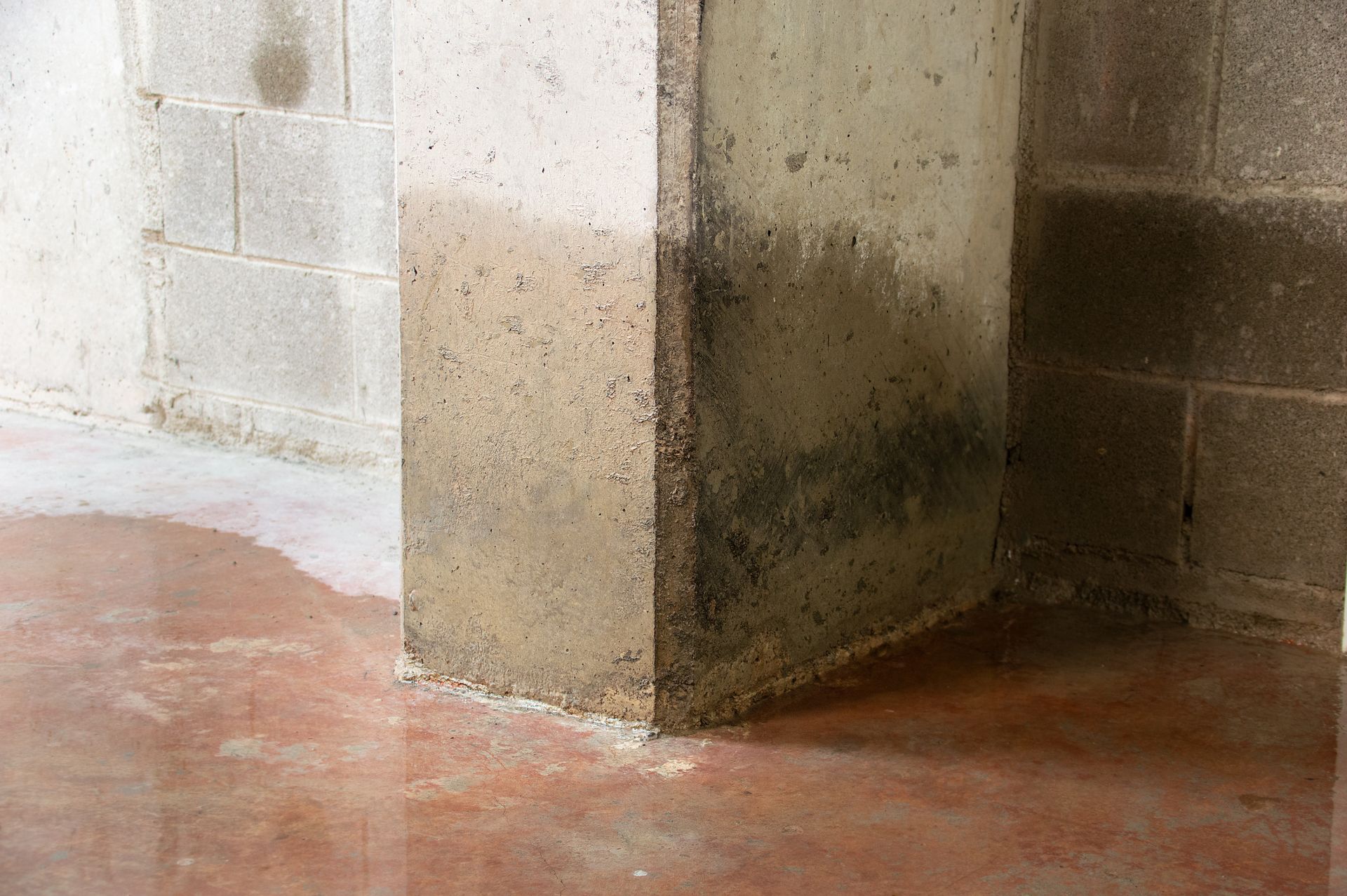
While Summer in Texas brings warmer weather and longer days, the season also presents challenges for your home, especially when it comes to plumbing. Knowing what to expect can help you stay ahead of costly repairs. Let’s take a look at some of the most common plumbing issues Texas homeowners face during the hotter months – and how to fix them.
Slab Leaks
Due to environmental factors like soil and climate type, foundational shifts can occur in Texas, which can damage the slabs that protect our home’s piping. Slabs can crack and leak, which can lower water pressure, cause mold growth and make your utility bills higher. Regular maintenance and inspections can help reduce the likelihood that slab leaks will develop.
Hard Water and Mineral Buildup
Minerals that are found naturally in Texas can cause buildup over time in your pipes. These buildups (which are typically calcium and magnesium) can restrict water flow and even cause blockages to occur.
To prevent hard water and mineral buildup, homeowners can install a whole-home water softener. This system helps reduce mineral accumulation and improves overall water efficiency throughout the home.
Pipe Corrosion
Although pipe corrosion can happen year-round, it's especially common during the summer due to elevated humidity levels. This added moisture in the air can accelerate corrosion, particularly in metal pipes.
Corroded pipes can lead to leaks, reduced water pressure or even pipe failure. Signs like rust, persistent leaks or flaking metal are strong indicators that corrosion is taking place. If you spot any of these warning signs, it’s best to call a professional plumber immediately to prevent further damage.
Water Heater Strain
Water strain tends to occur during the summer months, mainly due to the extra water needed for showering and laundry. This increased demand for water can put added pressure on your water heater. On top of that, the intense seasonal heat can interfere with your water heater’s electrical components, causing more problems for your heater.
To ease the load, try conserving water whenever possible. Washing clothes in cold water is a simple way to cut back on hot water use. Scheduling routine maintenance is also key since it keeps your water heater running smoothly and helps prevent costly issues down the line.
Sewer Line Backups
Sewer line backups are a common issue for some Texas homeowners during the summer months. Heavy rains from seasonal thunderstorms can overwhelm both storm and sanitary sewer systems, causing rainwater and yard debris to clog drains and lead to backups.
Tree roots can also cause backups to occur. As roots search for moisture, they can creep into underground pipes and cause serious blockages or damage. In addition, pipes are at increased risk for strain since water usage rises in the summer. Activities like watering your garden, filling your pool and taking more showers puts additional pressure on your home’s pipes.
How can you Reduce Sewer Line Backups?
Steer Clear of Pouring Grease Down Your Drain -- To prevent sewer line backups, avoid pouring grease and oil down your drains. As oil cools down, it hardens into a solid, which can create blockages in your pipes. These blockages not only cause backups, but they can be hard to remove. Properly disposing of these substances can save on costly repairs and keep your drains clear of blockages.
Avoid Flushing Certain Paper Products -- Even though flushable wipes are labeled as "flushable," they should never be flushed down the toilet. These wipes don’t disintegrate well, which can cause clogs in your sewage pipes. Items like paper towels, napkins, cotton balls and cotton swabs should also be kept out of the toilet. Much like wipes, they don't break down quickly and can quickly block pipes and sewer systems. To avoid backups and expensive plumbing repairs, it’s better to dispose of these items in the trash rather than flushing them.
Need Help With Plumbing? First Service Is Standing By!
If you’re a Midland, Texas homeowner looking for an experienced plumber, First Service is here to help! Give us a call at 432-302-6694 to learn more about our plumbing services. For more information about our HVAC services, visit our website by clicking the link here.
